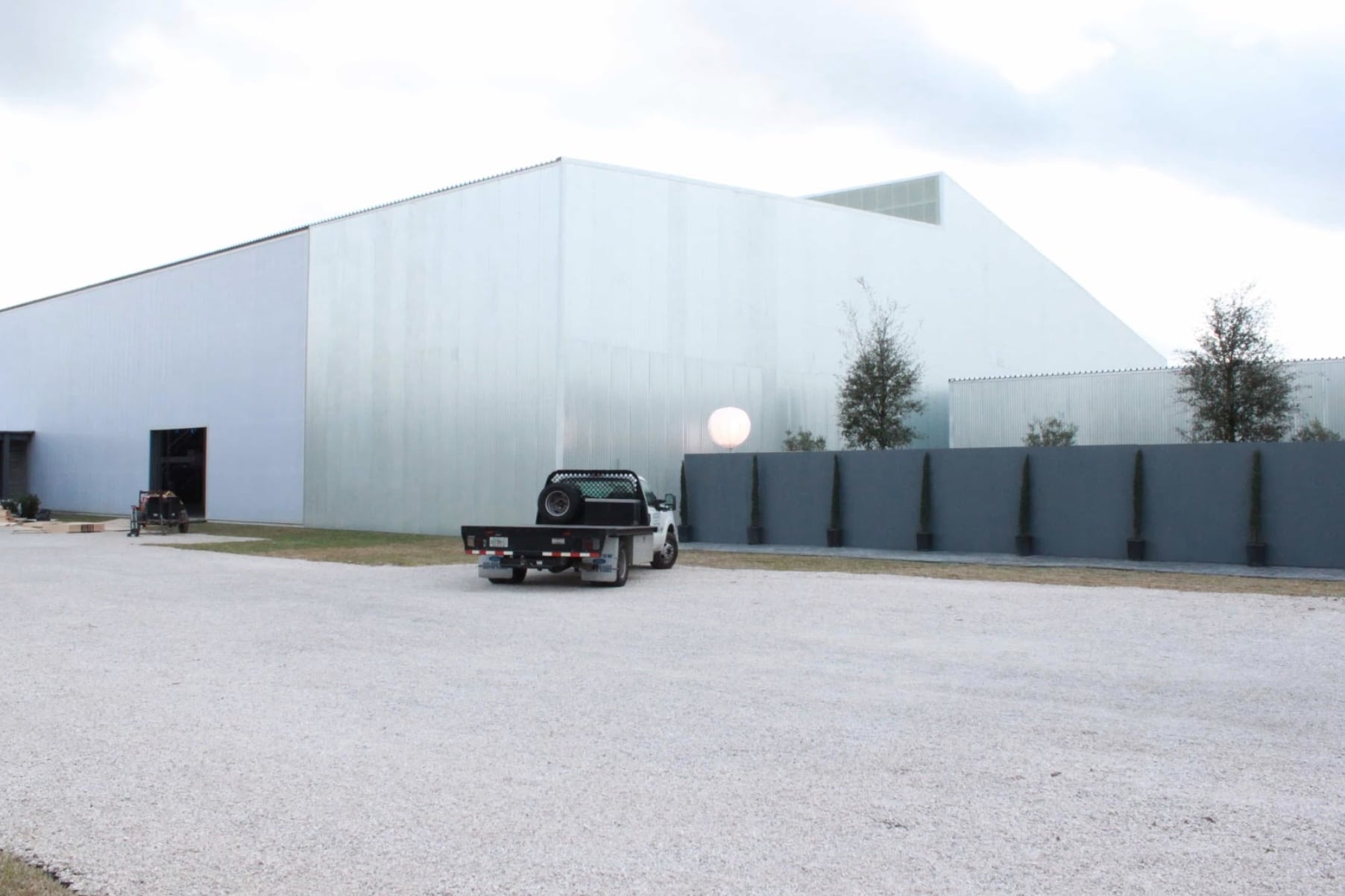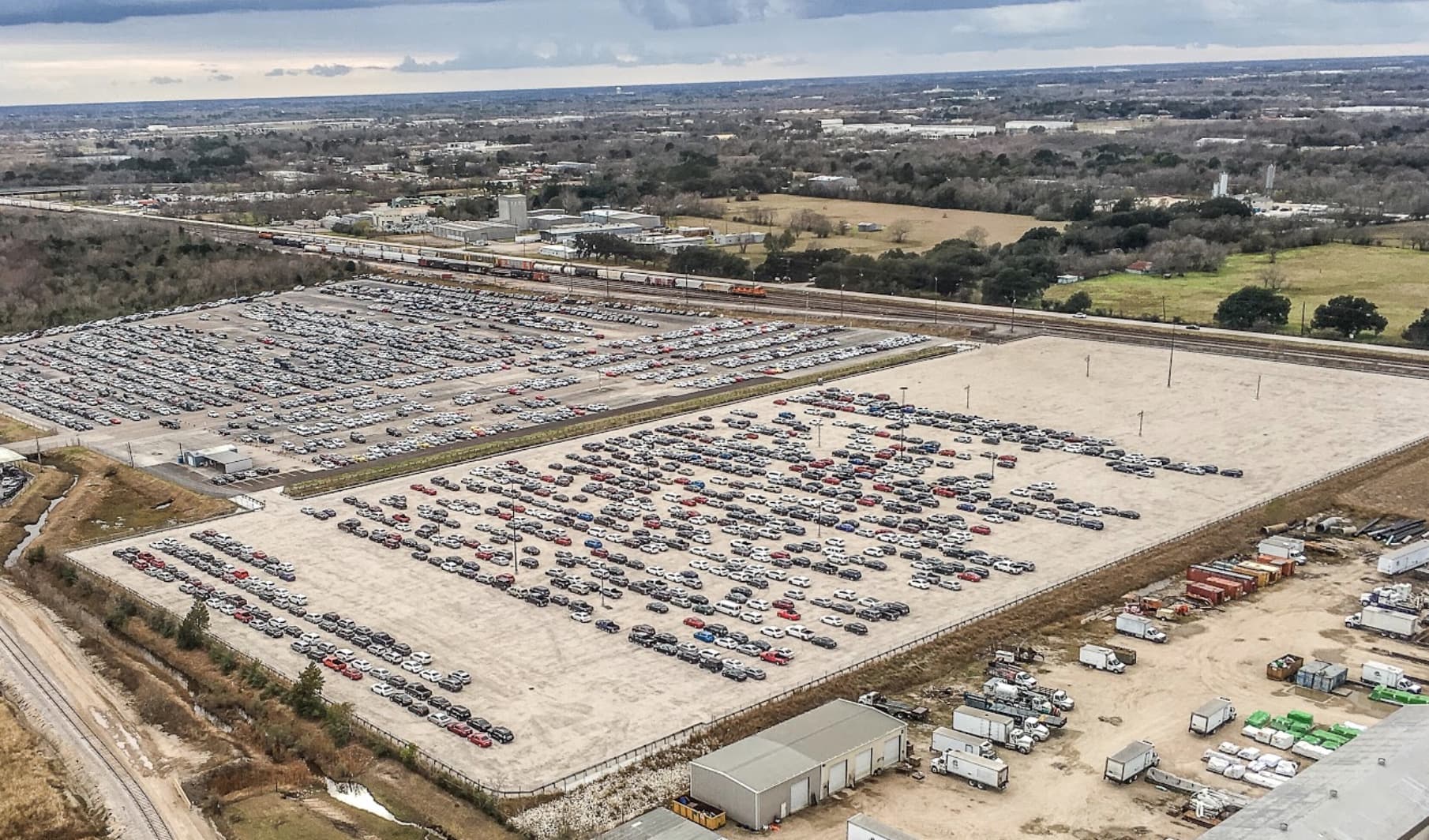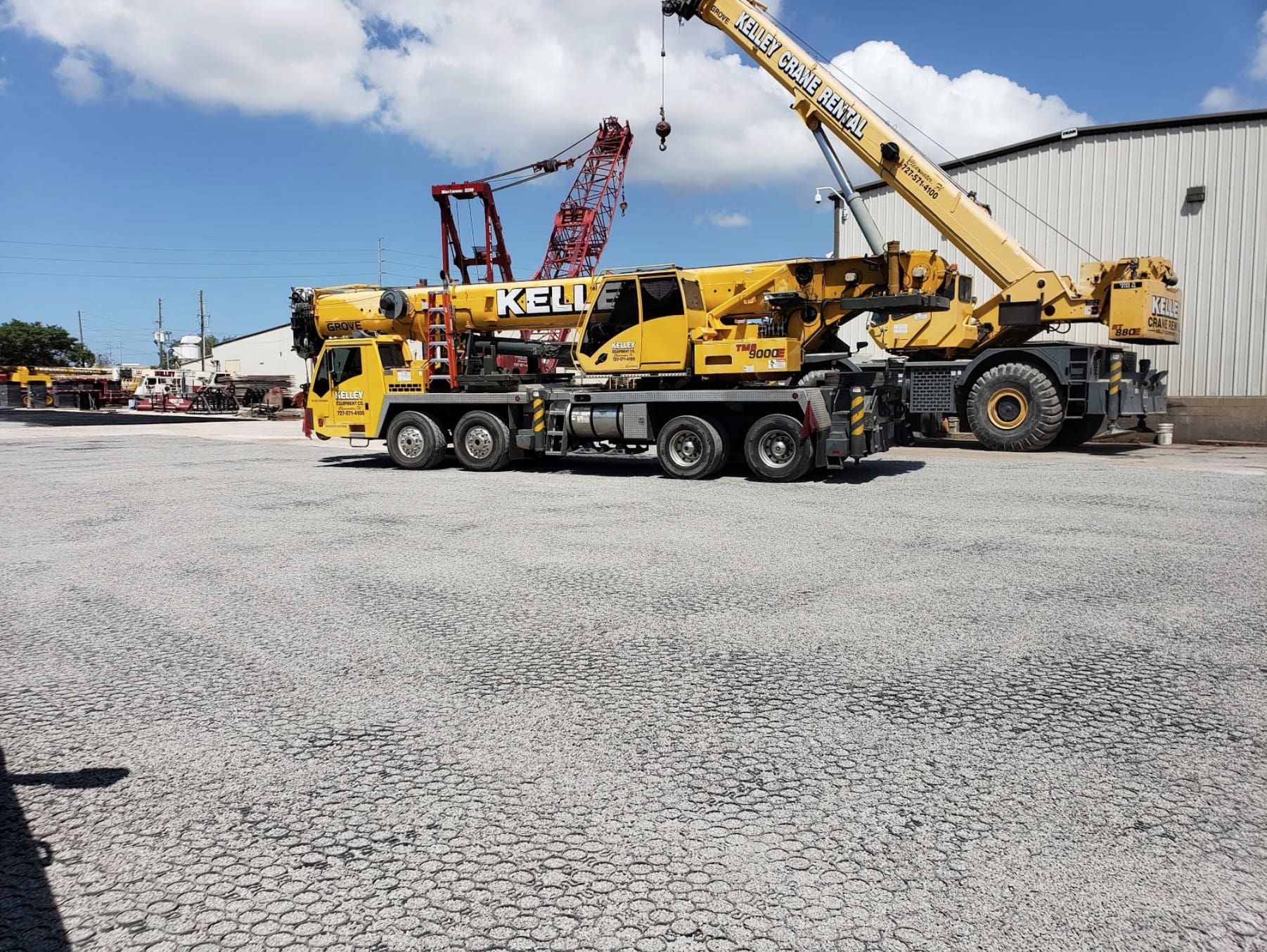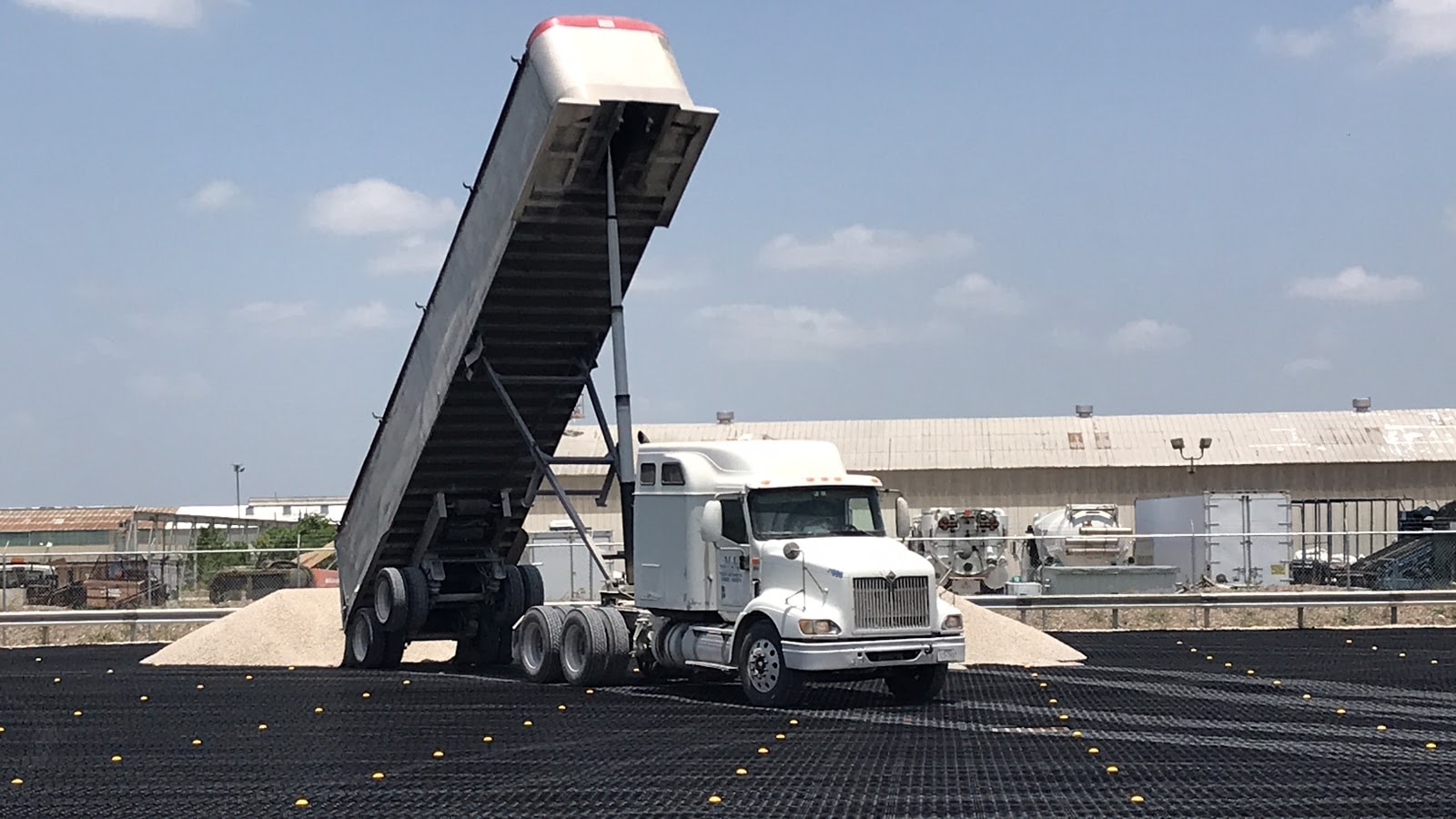
Commercial and industrial buildings need industrial pavement that can handle their needs. Too many builders, owners, architects, and designers gravitate towards inferior types of pavement when it comes to building their parking lots, roadways, sidewalks, and other areas around their buildings.
For lots that experience heavy traffic, large vehicles, and heavy equipment, asphalt and concrete are no longer the most effective paving solutions. Not only that, but they’re incredibly non-sustainable and have a huge carbon footprint. We’re seeing the negative consequences of our carbon emissions on a daily basis now, so the focus on sustainable materials has never been higher.
If you’re interested in implementing a superior industrial pavement alternative to asphalt or concrete, let’s take a look at one of the best solutions around and the many benefits it provides.
The Downsides of Concrete and Asphalt
For the longest time, asphalt and concrete have been the go-to materials for industrial pavement. However, even a residential asphalt driveway is subject to degradation and requires costly maintenance over its lifetime, so it goes without saying that concrete and asphalt are guaranteed to break down in industrial situations and will require expensive repairs in industrial situations.
For example, asphalt unravels and needs to be resurfaced once every 10 to 15 years, minimum, more in hot climates with truck traffic. It also cracks and potholes easily, and is vulnerable to water damage, especially in freeze-thaw climates. Concrete, while better in warm climates, is prone to cracking and water damage as well.
These materials also require expensive drainage systems and detention ponds, and they put a burden on local storm systems. They are also incredibly bad for the environment and release a lot of CO2 into the air when produced.
All of these factors add up to make them less than ideal for industrial pavement, especially in industrial and commercial settings where they see more traffic and stress.
The Best Paving Alternative for Commercial and Industrial Businesses

The number one paving solution for industrial and commercial purposes right now is permeable plastic pavement. TRUEGRID is a company that produces elite-quality pavers such as the TRUEGRID PRO PLUS paving system.
One of the main benefits of TRUEGRID pavers is their durability. They can last up to 60 years with only minimal maintenance required. They are weather-resistant, UV-resistant, and durable enough to handle daily 18 wheeler traffic.In one test demonstration of strength, a monster truck repeatedly drove off a ramp, went airborne and landed on TRUEGRID without any damage, and that’s before the pavers were filled with aggregate as they are in normal use. Aggregate fill stabilized with the grid pavers has a compression strength of over 8000 psi and is super tough and durable.

They’re also made from 100% recycled post-consumer plastic, making them one of the most eco-friendly products available. The TRUEGRID PRO PLUS system is 100% permeable, meaning it allows stormwater to drain directly through the pavers and into the filtering soil below.
This eliminates the need for costly drainage systems, which allows you to make 100% use of your land and reduce or eliminate a detention pond, and alleviates the burden on local storm systems as well by absorbing heavy rains and eliminating most runoff.
TRUEGRID Pavers are Quick to Install, Stylish, and Durable

The installation process for TRUEGRID PRO PLUS pavers is super quick and relatively large areas can be completed often and ready for use in a few days,, depending on the size of the lot and preparation requirements.. For an industrial lot that needs to support heavy vehicles hauling huge pieces of equipment and machinery, the installation is comparatively simple and quick.
First, the area to be paved is excavated to 10 to 12 inches and a filter fabric is laid at the bottom to keep separation of the soil and gravel layers. Next, gravel is poured into the pit, compacted, and leveled with a heavy roller. The TRUEGRID PRO PLUS pavers are then snapped into place (like Lego blocks) over the top of the gravel.
Afterward, more gravel is poured into the top of the pavers and compacted with a heavy roller or vehicle to complete the process. Once the empty cells on the surface are filled with gravel, it weighs the interlocking pavers to the ground and prevents them from shifting or moving.
Your paved area is then ready to handle frequent, heavy traffic without ever breaking down or requiring extensive maintenance. A TRUEGRID lot will last up to 60 years with little or no maintenance required.
You Don’t Need Dirty Materials for Durable Pavement
There’s a common misconception that concrete and asphalt are better suited for commercial and industrial pavement use, mostly because they’ve been around for so long.
Concrete and asphalt most often perform poorly compared to a product like TRUEGRID PRO PLUS pavers, and they’re also much worse for the environment. A TRUEGRID pavement solution means a lower overall cost for you, less burden on local waterways, and far less of a contribution to global warming.
If you want an industrial pavement solution for your business that looks professional and stylish, is durable enough to handle whatever type of traffic you throw at it, and works in far better harmony with nature, contact TRUEGRID today for a quote.



